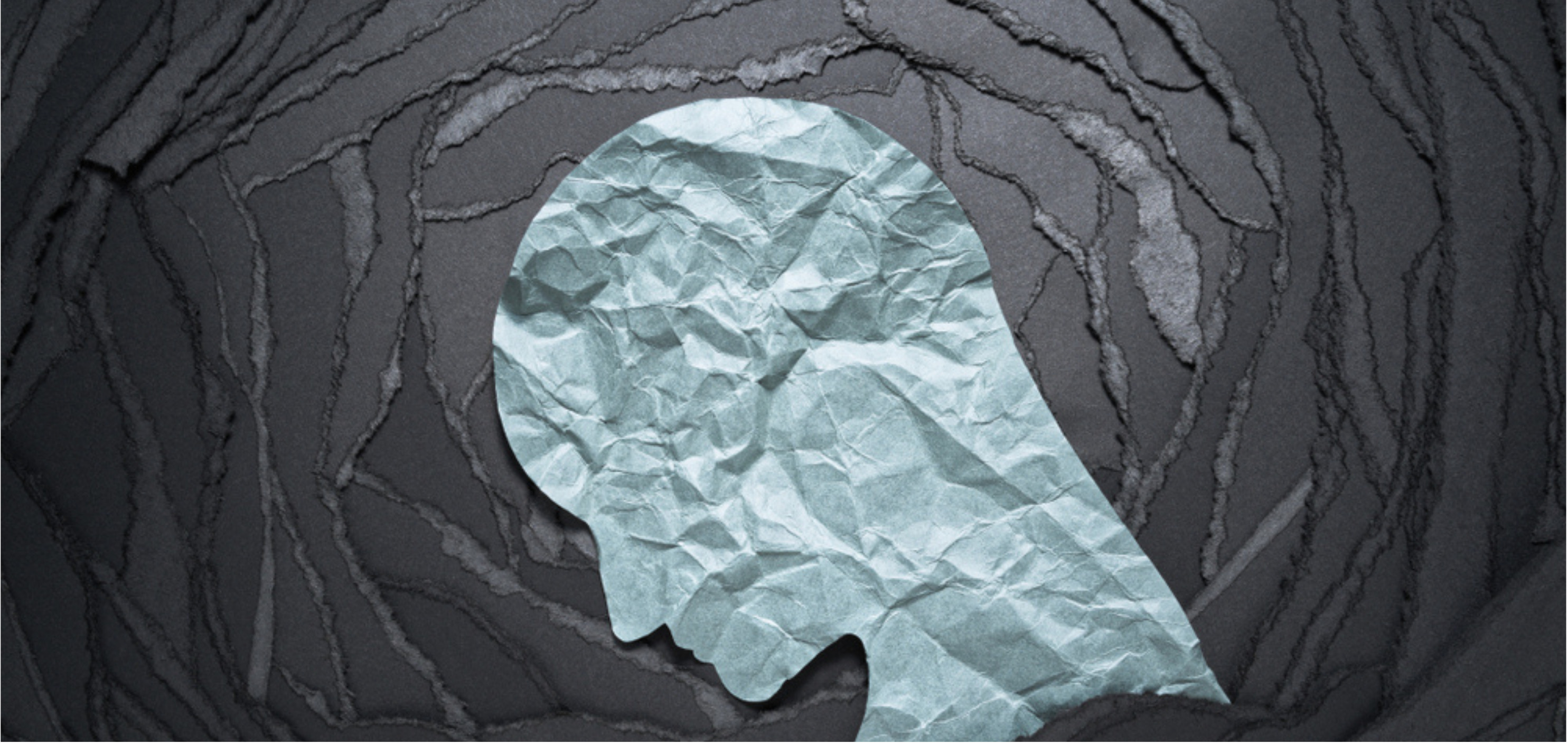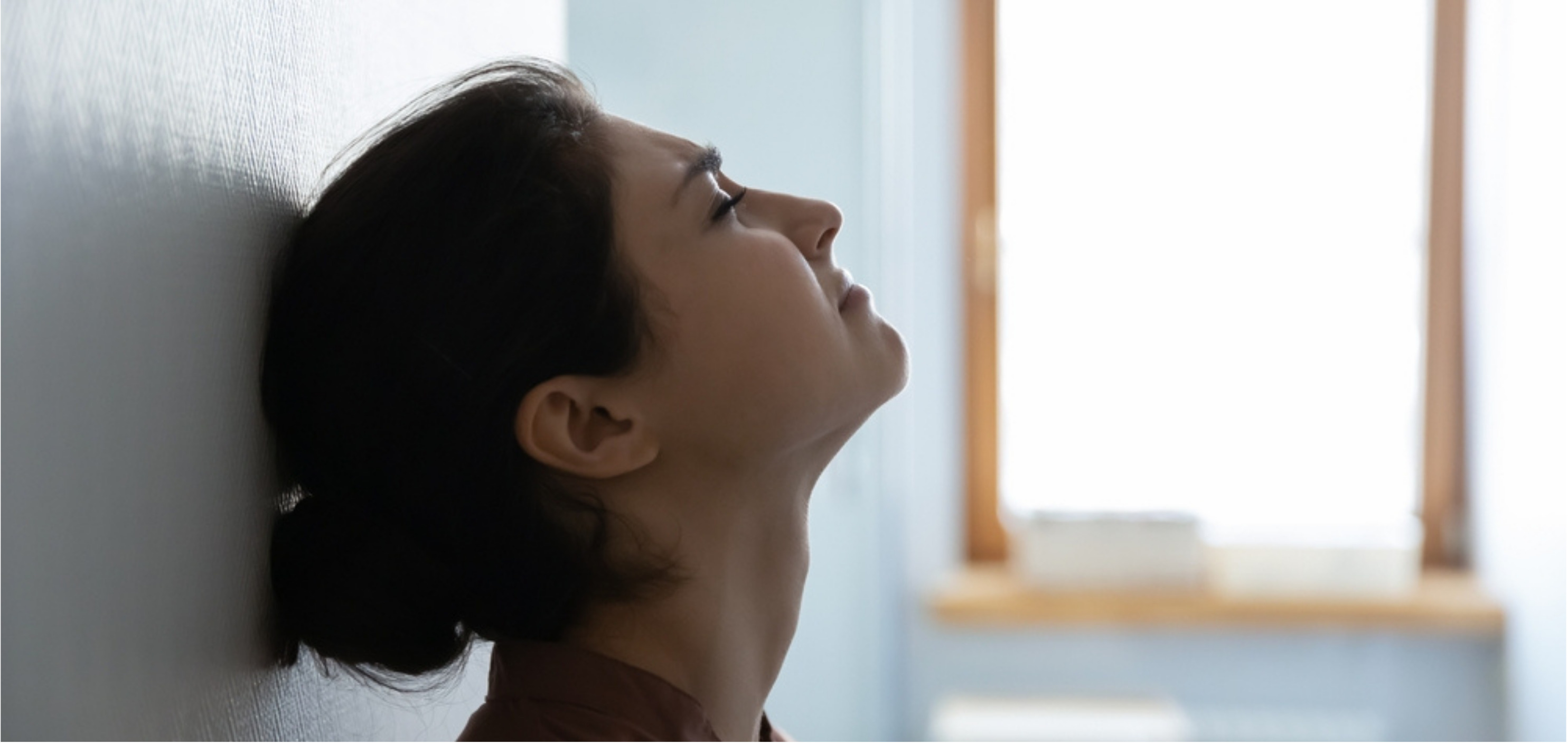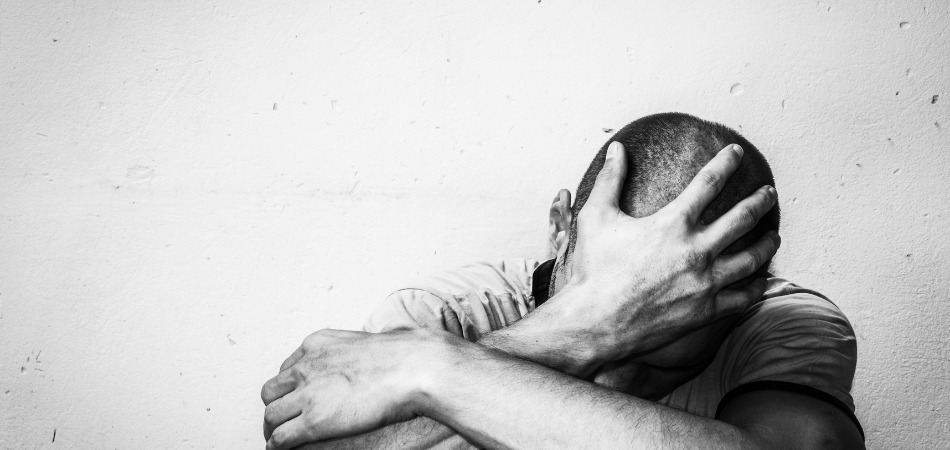Last Updated:
April 25th, 2025
Addiction and Suicide | Signs and Options You Have
Facing addiction and suicidal thoughts can make it seem like all the light has been taken from the world. But even in the darkest moments, hope and healing are possible. At Recovery Lighthouse, we have met many people struggling with addiction and suicide and we know that it can be an overwhelming and isolating experience. To help you find your way back to the light, we offer expert treatment and a safe, compassionate environment where you can start to rebuild step by step. Reaching out for help is an act of immense bravery and the first step towards lasting change and a life filled with purpose and possibility.
What is suicide?
Suicide is when someone intentionally ends their own life, often as a way to escape overwhelming emotional pain or feelings of hopelessness. It is not a decision made lightly or without deep inner turmoil but usually stems from mental health challenges like depression, anxiety or trauma, compounded by feelings of isolation or despair.
While suicide is tragically more common than people realise, it is crucial to understand that it doesn’t always mean someone wants to die. Instead, many people just want the pain or suicidal thoughts they are experiencing to stop. But with the right help, including mental health treatment and emotional support, it is possible to find relief, hope and a renewed sense of love for life.
Suicide in the UK
Suicide is a significant public health concern in the UK, with 6,588 deaths registered as suicides in 2022 (about 10.7 deaths per 100,000 people). Men are disproportionately affected, accounting for approximately 75% of these deaths. The highest rates are observed among men aged 45 to 64, followed by those aged 25 to 44.
Recognising the gravity of this issue, the UK government implemented the “Suicide Prevention Strategy for England: 2023 to 2028”. This strategy aims to reduce suicide rates through targeted interventions and support services. It is too early. It will ultimately be successful, but the current suicide statistics show how important it is that people can get the help they need.
Symptoms of suicidal thoughts
It is not always easy to know that somebody is struggling with suicidal thoughts. There are many tragic cases when the first time loved ones realise there is a problem, is when it is already too late. Here are some often hidden signs that somebody may need help:
- Pulling away from the people they care about
- Saying things like, “What’s the point?” or “Everyone would be better off without me”
- Acting out of character, such as sudden mood swings, reckless behaviour or giving away things they care about without a reason
- Struggling to keep up with work, school or daily responsibilities because it all feels too much
- Hardly sleeping at all or spending way too much time in bed
- Drinking or taking drugs to cope with overwhelming emotions
- Cuts, burns or other injuries that might be a sign of self-harm
- Writing, drawing or casually mentioning things about dying more than usual
- A sudden sense of calm after being really distressed for a long period of time
These signs may not necessarily guarantee someone is having suicidal thoughts but they more often than not show that the person is struggling in some way. If you spot these in someone you care about, it is important to approach them with love and understanding.
How do addiction and suicide link?
The link between addiction and suicide is really powerful because addiction often opens the door to depression, one of the biggest risk factors for suicide. Sometimes, the substances themselves affect your brain’s chemistry, making it harder to feel happy or hopeful. Other times, it is the way addiction starts to take over your life – damaging relationships, jobs or your sense of self – that pulls you into a darker place.
Money problems can be another huge factor. Fuelling an addiction can get expensive fast, whether you are paying for drugs or alcohol or wasting money gambling or shopping. When finances spiral out of control, it is easy for feelings of hopelessness to creep in, especially if you don’t see a way out.
Isolation can also play a major part as addiction has a way of pushing people away. This may be because loved ones step back or because you try to hide what’s going on. That loneliness can make everything feel even worse, leaving you stuck in your own head with those overwhelming thoughts.
At Recovery Lighthouse, we meet people struggling with various dual-diagnosis issues. These include thoughts of suicide and drug addiction, suicide and alcohol addiction and co-occurring behavioural addictions. This is not unique to our centre as research from 2019 revealed that over half of individuals who died by suicide and had recently sought mental health support also had a history of substance misuse.
Treatment options for suicidal thoughts and addiction
When you are battling both addiction and suicidal thoughts, understanding the root cause is key before you begin treatment. If your suicidal thoughts stem from substance use, focusing on addiction treatment first can often bring relief to your mental health. On the other hand, if addiction is a response to deeper mental health struggles, those underlying issues need to take priority with specialised care.
At Recovery Lighthouse we offer comprehensive rehab treatment which will have enormous benefits for your mental health but you must have stabilised any suicidal thoughts before you begin.
Here are some of the effective treatment forms offered at our clinic:
Get help for addiction and suicide today
Change begins with a single moment of courage. When you reach out to Recovery Lighthouse, you are putting the wheels of change in motion. Together, we will navigate the road to recovery, one that leads away from addiction and despair and toward hope and healing. The path may be challenging, but we will be by your side the whole way.
Frequently Asked Questions
(Click here to see works cited)
- Baker, Carl. “Suicide statistics – House of Commons Library.” The House of Commons Library, 11 January 2024, https://www.gov.uk/government/statistics/near-to-real-time-suspected-suicide-surveillance-nrtsss-for-england/statistical-report-near-to-real-time-suspected-suicide-surveillance-nrtsss-for-england-for-the-15-months-to-august-2023. Accessed 12 December 2024.
- GOV.UK. “Suicide prevention strategy for England: 2023 to 2028.” GOV.UK, 11 September 2023, https://www.gov.uk/government/publications/suicide-prevention-strategy-for-england-2023-to-2028. Accessed 12 December 2024.
- UK Rehab. “Addiction and Suicide| Mental Health and Addiction.” UK Rehab, https://www.uk-rehab.com/mental-health/addiction-and-suicide//. Accessed 12 December 2024.
- UK Rehab. “Dual Diagnosis | Co-Occurring Disorders.” UK Rehab, https://www.uk-rehab.com/mental-health/dual-diagonosis/. Accessed 12 December 2024.



